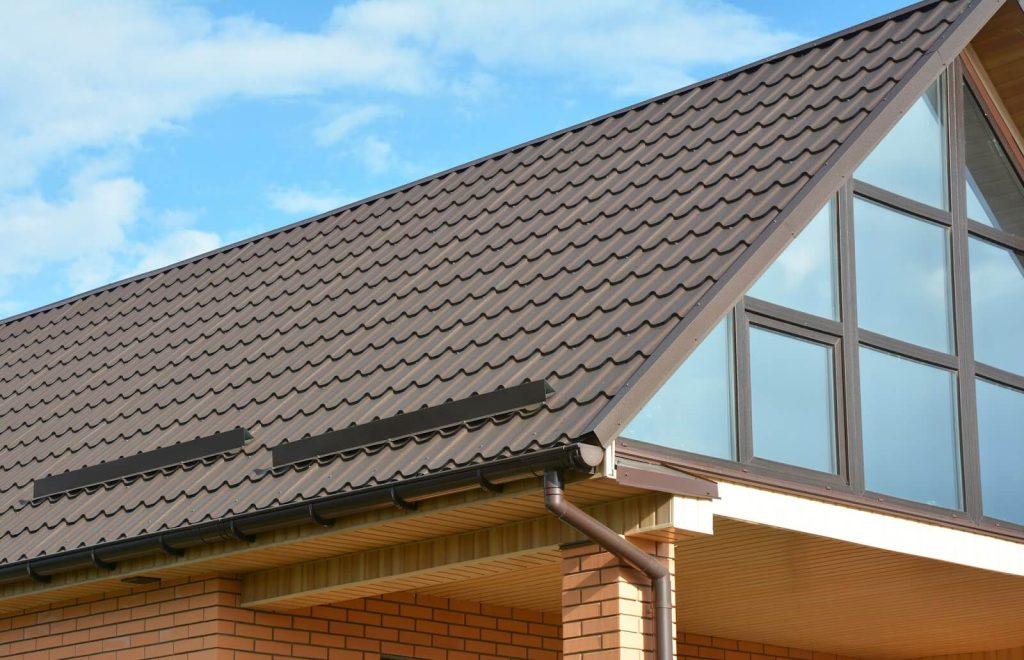Metal roofing is gaining popularity for its durability and longevity, but the thickness of the metal is a critical factor in determining its performance. In this comprehensive guide, we will delve into the world of metal roof thickness in inches, why it matters, and how to make an informed choice for your roofing needs.

What Does Metal Roof Thickness Mean?
Metal roof thickness refers to the measurement of the metal material used in your roofing system. It is typically expressed in gauge or inches, with lower numbers indicating thicker material. Understanding the significance of metal roof thickness is essential for several reasons.
The Importance of Metal Roof Thickness:
- Durability: Thicker metal generally equates to greater durability. A thicker roof can better withstand severe weather conditions, such as hail or heavy snow, without denting or damage.
- Longevity: Thicker metal roofs tend to have a longer lifespan. They are less prone to corrosion and are better at resisting the effects of time and weather.
- Energy Efficiency: Some thicker metal roofing options provide added insulation, contributing to improved energy efficiency and potentially reducing heating and cooling costs.
- Sound Insulation: Thicker metal roofs can offer better sound insulation, reducing noise from rain, hail, or other environmental factors.
Metal Roof Thickness Options:
Metal roof thickness is typically categorized into three main options:
1. 29-Gauge Metal:
- This is the most common thickness used for residential metal roofing.
- It’s thinner, making it more affordable, but it might have a shorter lifespan and is more prone to damage in extreme conditions.
2. 26-Gauge Metal:
- A mid-range thickness that offers a balance between affordability and durability.
- It’s suitable for most residential applications and can withstand moderate weather conditions.
3. 24-Gauge Metal:
- The thickest option typically used for metal roofing.
- It provides the highest level of durability and longevity, making it suitable for areas with severe weather conditions.
How to Choose the Right Metal Roof Thickness:
Selecting the appropriate metal roof thickness depends on various factors:
- Local Climate: Consider the climate in your area. If you experience harsh weather conditions, opting for thicker metal is advisable.
- Budget: Your budget plays a significant role in the thickness you can choose. Thicker metal roofing generally comes at a higher cost.
- Long-Term Goals: Think about your long-term plans for the property. If you intend to stay for many years, investing in thicker metal might be a wise choice.
Installation and Maintenance:
Proper installation and maintenance are crucial for ensuring the performance and longevity of your metal roof. It’s essential to hire experienced professionals who are familiar with the specific requirements of your chosen metal thickness.
Routine inspections and maintenance can help identify and address potential issues early, extending the life of your metal roof.
Conclusion:
The thickness of your metal roof in inches is a critical factor that influences durability, longevity, energy efficiency, and sound insulation. When selecting a metal roof for your property, consider your local climate, budget, and long-term plans to make an informed choice.
Whether you opt for 29-gauge, 26-gauge, or 24-gauge metal roofing, proper installation and maintenance are essential for ensuring your roof performs optimally and provides long-lasting protection for your home.



Leave a Reply